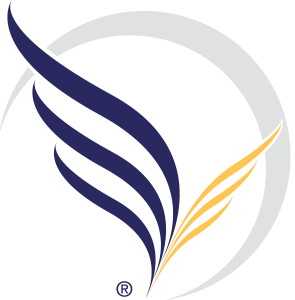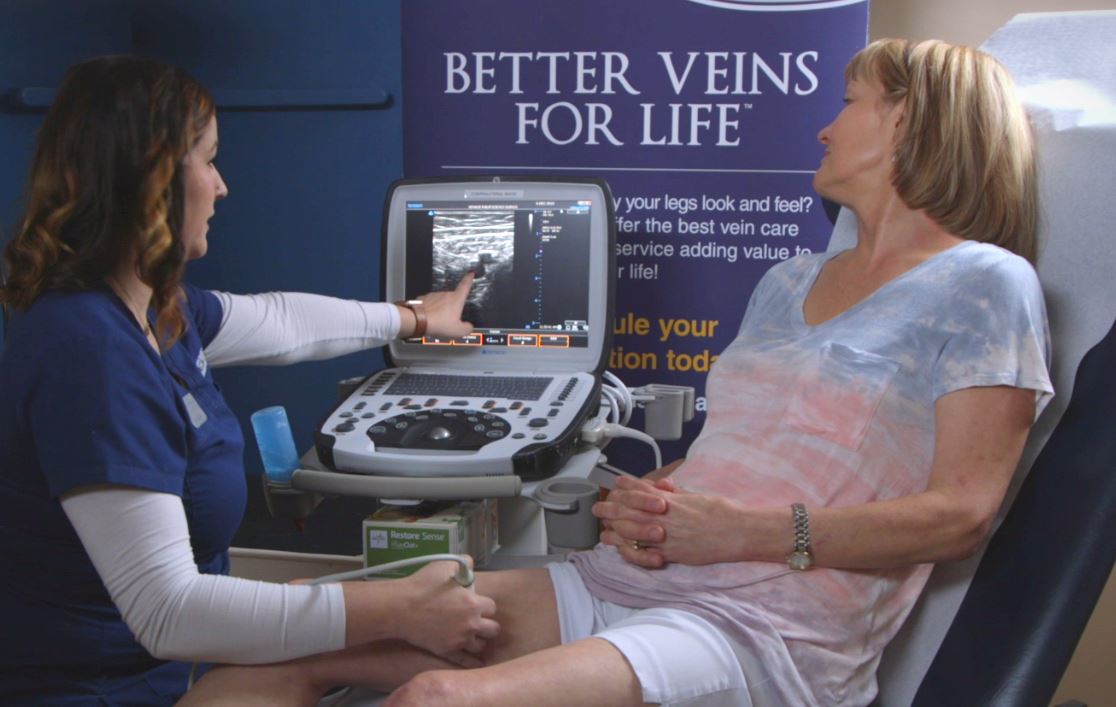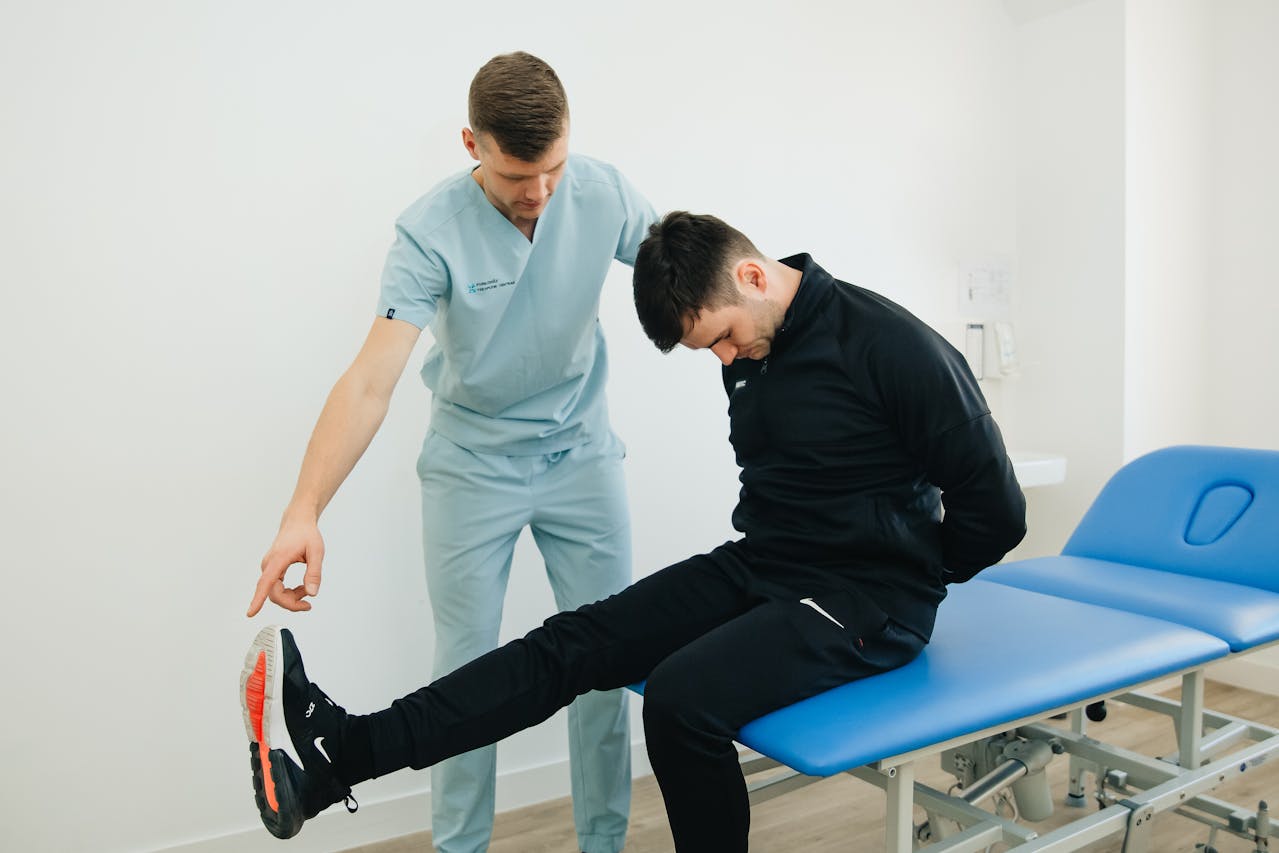Common Causes of Aching Legs
There are many reasons related to your daily activity that may cause you to have aching legs. One is living a sedentary lifestyle with limited movement throughout the day. Sitting or standing for prolonged periods of time can cause muscle fatigue and pain.
Staying active can lead to issues especially if you are starting a new exercise routine. Dehydration and electrolyte deficiencies can cause aching legs and cramps. Staying hydrated throughout the day is important, too. And it is important to drink water and supplement your electrolytes like potassium especially if you are sweating a lot.
Medical Causes of Aching Legs
Many medical conditions such as arthritis, knee, hip, or foot problems, back problems, or circulatory issues with your arteries or veins can also manifest as leg discomforts such as heaviness, cramps, and aching or pain.
The key is to seek medical attention if you are having unexplained or diagnosed pain or discomfort in your legs. If you are not sure, it makes sense to seek a medical opinion.
If your legs ache frequently and it’s difficult to pinpoint the cause, or you think you might have varicose veins or blood clots, it’s important to see a vein specialist, for diagnosis and treatment.
When to See a Vein Specialist
You know your body and can attribute your leg pain to conditions you are already aware of, such as muscle strain or injury. But if you are experiencing the recent onset or sudden worsening of leg swelling, heaviness, aching, fatigue, night cramps, or restless legs you may have underlying vein disease.
Vein Specialists of the South can help diagnose and treat bulging varicose veins, unsightly spider veins, leg swelling, leg ulcers, and blood clots. If left untreated, vein disease can lead to serious complications. Studies show if you delay treatment of your ‘bad veins’ you have an increased risk of blood clots in both the deep and superficial veins of your legs. Plus these clots can travel to your lungs, leading to a pulmonary embolism (PE). PE is a life-threatening emergency. So it’s essential to get checked out when you have leg symptoms.
How Venous Disease Is Diagnosed
If you’re experiencing leg swelling, aching, or other symptoms, you may be one of the millions of Americans living with venous disease. As vein specialists, our goal is to accurately diagnose the cause of your discomfort, so we can work toward a solution together.
To diagnose venous disease, our team at Vein Specialists of the South will start with a physical exam and ask about your symptoms. From there, we may move on to a venous ultrasound, which uses sound waves to create images of the veins in your legs. This important diagnostic tool helps us identify any abnormalities in the flow of blood through your veins, such as blood clots or unhealthy vein walls and valves that struggle to circulate blood back up to the heart.
Don’t wait to seek treatment if you’re noticing signs of venous disease – early diagnosis is key to managing symptoms and improving your quality of life. In some cases, conservative care options like lifestyle changes and compression socks can be enough to alleviate symptoms and improve vein health. However, if you need a procedure to treat your unhealthy veins, diagnosis now will ensure you don’t have to wait very long for relief of your symptoms.
Tips to Help with Leg Pain and Reduce the Risk of Venous Disease
There are many ways to prevent aching legs and heaviness as well as protecting yourself from developing venous disease. These tips below can help you prevent and treat your leg and vein symptoms.
- Exercise regularly, stretch beforehand, and be careful to avoid leg injuries.
- Avoid sitting/standing for long periods of time, if you can.
- If you can’t avoid long periods of sitting or standing, make sure you take breaks to flex your calves, go for a walk, or stretch.
- Invest in comfortable shoes and avoid high heels unless it’s a special occasion.
- Stay hydrated and maintain a healthy diet to nourish your muscles and bones.
- Maintain a healthy weight.
- Elevate your legs every day to help encourage good circulation, reduce swelling, and help your muscles relax.
- Talk to your doctor about any medications you might be taking that increase your risk for venous disease or circulatory issues.
- Wear compression socks to improve circulation and reduce swelling and leg aches.
By taking care of your leg muscles and veins, you can improve your comfort, enhance circulation, and reduce your risk of developing varicose veins and blood clots for years to come.










